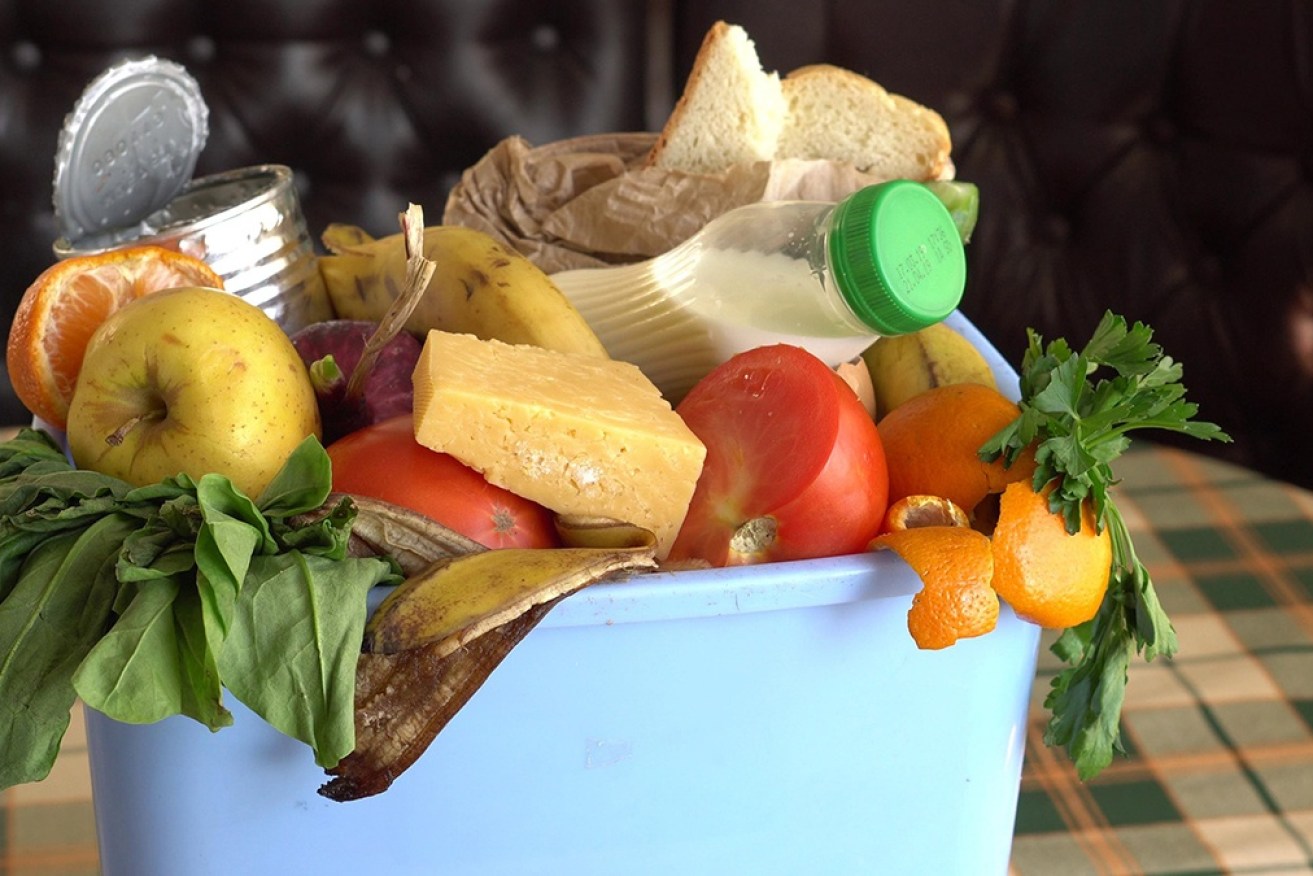Cost of living pinch: Three ways to avoid wasting food worth thousands of dollars every year


There's really no excuse for letting good food go to waste. Photo: Getty
The staggering amount of food Australians waste every year has come into focus as the cost-of-living pinch hits households at the supermarket.
As grocery prices rise faster than wages growth, experts say the average household is wasting up to $2500 worth of groceries per year – 70 per cent of which is still edible.
OzHarvest sustainability strategist Annika Stott said that because food has been “abundant” across Australia, many people don’t value it enough.
“We don’t value food … the way our grandparents used to,” she said.
“We’re really quick to throw it away.”
It’s a wasteful habit and also environmentally damaging because food is responsible for 8 to 10 per cent of global greenhouse gas emissions.
And food waste is becoming a whole lot more expensive this year too.
Australian supermarket chains such as Woolworths have already hiked prices by 3 per cent since the start of the year, a trend that is set to continue thanks to local and international pressures.
“The really beautiful thing about not wasting food is that it saves you money, and it saves the planet as well,” Ms Stott said.
With that in mind, here are three tips to mitigate the cost-of-living pinch by keeping your groceries out of the bin.
1. Use everything when cooking
The most important thing you can do to lessen your food waste is simple: make sure you use everything you buy.
Ms Stott said this means you should designate a space in your fridge, freezer, and pantry for food that needs to be used soon, and make sure you reach for these ingredients first when you’re cooking a meal.
Adjust your meal plans, and maybe learn some new recipes, to incorporate everything you want to use.
Whether it’s half a carrot, or chicken that’s near its use-by date, cook with these items to make sure you’re using up everything you have, Ms Stott said.
To help you keep track, label the designated shelf or the individual products that need to be used soon.
Ms Stott said that when shopping, be mindful of what you already have at home and only buy what you need. In particular, keep track of items that you’ll need to use soon to avoid doubling up on something.
If you find yourself constantly throwing away food, especially items with shorter shelf-life such as fresh produce, reconsider how much you usually buy and adjust your shopping habits accordingly.
2. Store carefully and look past the use-by date
Make sure you’re storing your groceries correctly to avoid them expiring before their use-by date, and to make sure you don’t forget about them being hidden in a corner.
Make sure you know the difference between ‘best-before’ and ‘use-by’ dates, as food past its best-before date is usually still good to go.
Food past its use-by date may be unsafe to consume, but take a second to double-check whether it has definitely gone off (but if uncertain, don’t risk your health).
3. Get charitable
If you have some food products you realise won’t be used before their use-by dates, consider helping people in need by dropping the food off to a local charity (if it’s still safe to eat).








